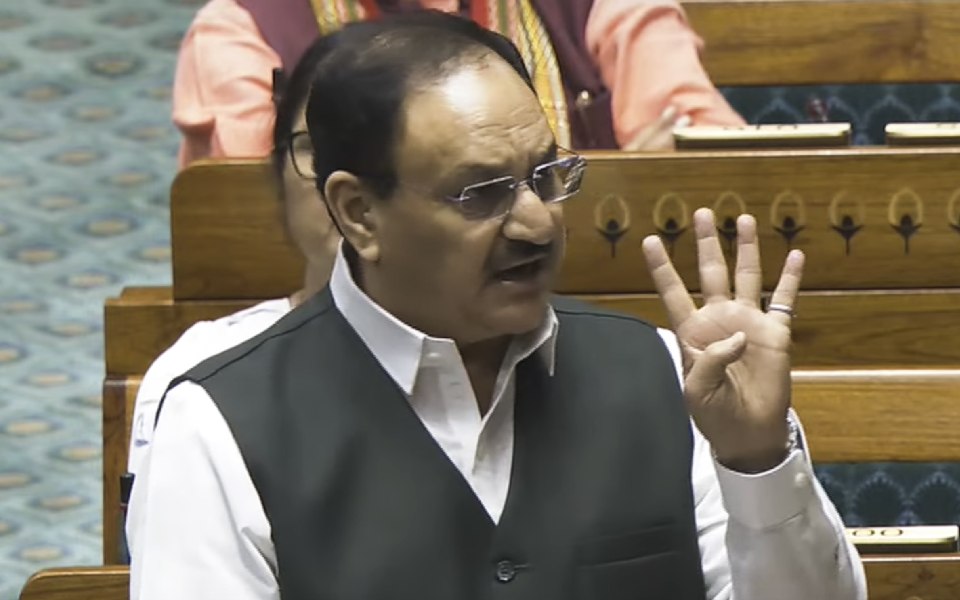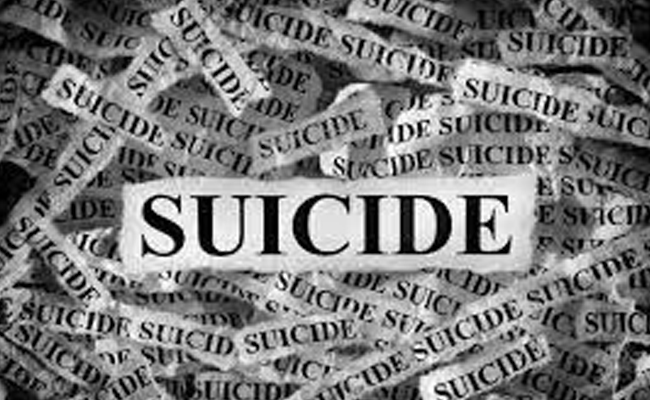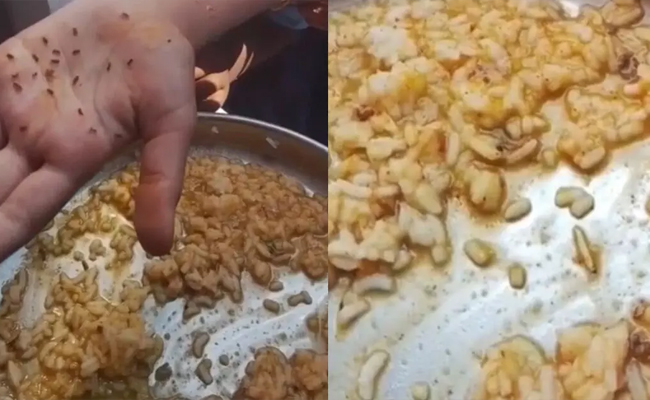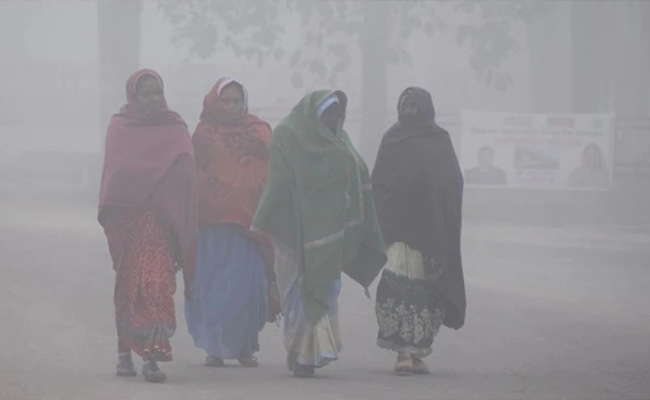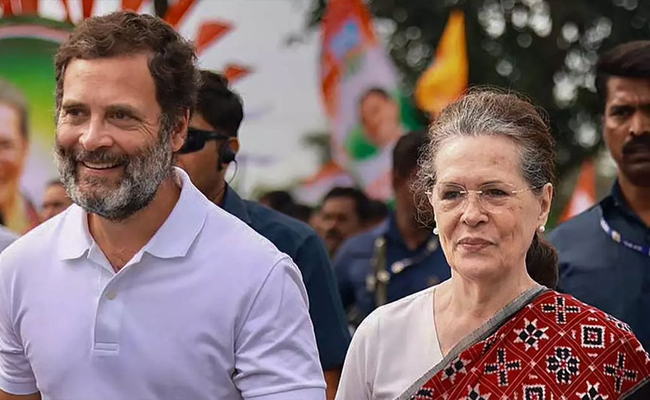New Delhi, Aug 5: Health Minister J P Nadda on Monday urged state governments to spend more on improving healthcare infrastructure and dismissed opposition allegations on reduction of allocations under the PM-Ayushman Bharat Healthcare Infrastructure Mission (PM-ABHIM).
Replying to the debate on the demand for grants for the health and family welfare ministry in the Lok Sabha, Nadda listed the increase in number of medical colleges, steps taken for the reduction of out-of-pocket expenses on healthcare and initiatives for early screening of diseases such as cancer and sickle cell anaemia as achievements of the government.
"We don't believe in just making announcements. We believe in effective planning, ensuring last mile delivery, identifying bottlenecks in last mile delivery and taking steps to remove them," the minister said.
Nadda dared Trinamool Congress members, who were protesting, to tell the House why the West Bengal government had not shared the dengue registry with the Centre.
On opposition claims on reduction of funds for the health infrastructure mission, the health minister said states were able to spend just Rs 1,806 crore out of the budgetary allocation of Rs 4,200 crore in last year's budget.
"We are giving money, but it is not spent. You spend the money, we will allocate more funds if the existing funds are spent," Nadda said, adding that Rs 3,200 crore have been earmarked for PM-ABHIM this year.
Nadda said the Modi government has placed healthcare as a priority sector in the allocation made in the Union Budget.
"The health policy released in 2017 had set a target of 2.5 per cent of GDP for the healthcare sector by 2025. In this year’s budget the allocation for the health sector is 1.9 per cent of the GDP and we are on track of achieving the target," the health minister said.
Nadda said that in 2013-14, the budget for the health sector was Rs 33,278 crore, and today it stood at Rs 90,958 crore, which is an increase of 164 per cent.
He also mentioned that local governments have allocated an additional Rs 71,051 crore, as suggested by the 15th Finance Commission report.
"The National Health Mission (NHM) ensures that state governments strengthen their health infrastructure and logistics, with Rs 55 crore allocated from the total health budget," Nadda added.
He said that under the Pradhan Mantri Swasthya Suraksha Yojana (PMSSY), Rs 13,900 crore has been spent to strengthen tertiary healthcare.
On concerns voiced by the opposition on out-of-pocket expenditure, Nadda said the Modi government has succeeded in reducing it from 62 per cent to 41 per cent by strengthening Ayushman Bharat initiatives, making available free drugs and diagnostic facilities, and free screening.
The minister said the government has now approved 22 AIIMS spread across the country, of which 18 were operational and four were under construction.
He said the opposition should appreciate the achievements of Prime Minister Narendra Modi who has ensured upgradation of 157 medical colleges.
Nadda said the number of medical colleges too have increased from 387 earlier to 731 at present. According to the minister the undergraduate seats have increased from 51,348 to 1,12,112, an increase by 118 per cent.
The minister said the number of post-graduate seats too have increased from 31,185 earlier to 72,627 at present, an increase of 113 per cent.
Let the Truth be known. If you read VB and like VB, please be a VB Supporter and Help us deliver the Truth to one and all.
New Delhi (PTI): A 23-year-old woman was found dead in her house in Delhi's Prem Nagar area, with police suspecting it to be a case of suicide, an official said on Tuesday.
The deceased, identified as Anjali Singh, was found motionless in her room on Monday by her sister and her neighbour.
Police said her father, Vinod Kumar Singh (51), told them that he and his wife were away at work at the time of the incident, while their son and the other daughter were also not at home at the time of the incident.
ALSO READ: Koppal: Worms found in midday meal at Ningapur Government School
According to the family, the room in which Anjali was found was locked from the inside. The door was later forcibly opened by a neighbour and her sister with the help of a crowbar.
Her body was found lying on the bed inside the room, police said.
Preliminary inquiry revealed that Anjali had allegedly hanged herself using a piece of cloth tied to the ceiling fan.
It is suspected that the noose eventually might have loosened or torn off, resulting in her being found lying on the bed.
Family members informed the police that Anjali was a final-year student of a librarian science course from Indira Gandhi National Open University (IGNOU). About a week ago, her final-year examination results were declared, and she had failed, following which she had been under depression, they said.
The family has not raised any allegation of foul play, police said, adding that no suicide note or external injury marks were found on the body during the initial inspection.
Inquest proceedings have been initiated in the matter as per the law. The body has been sent for post-mortem examination to ascertain the exact cause of death, and further investigation is underway, police added.

